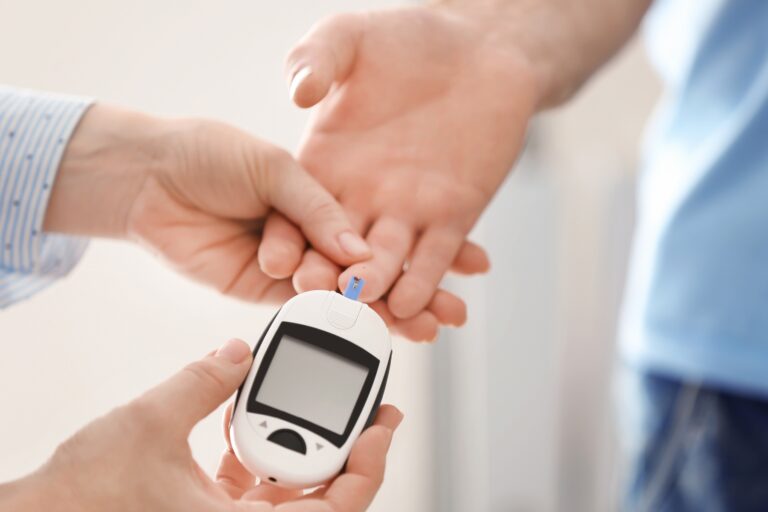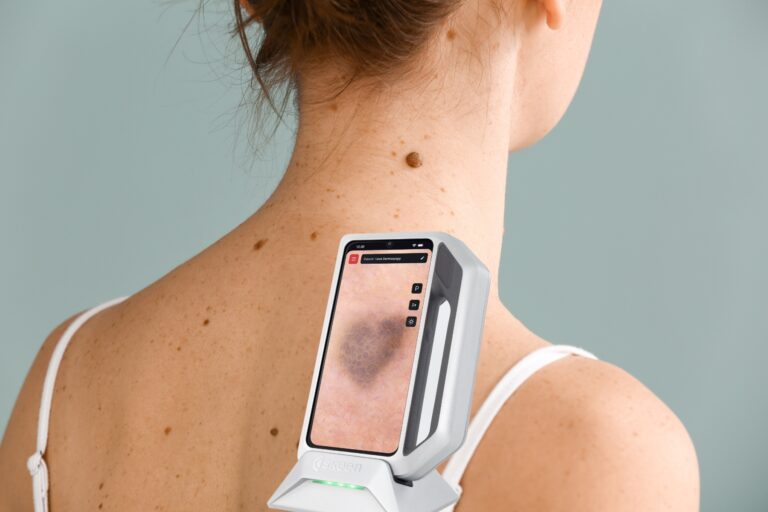She works with the child cooperating with their family, other health professionals, and teachers or educators, to develop individualized therapy programs.
A pediatric physical therapist is an expert in children’s physical development, especially concerning movement. Physical therapy has a significant role in detecting health problems early and treating specific disorders experienced by children through different modalities. FirstMed’s pediatric physical therapist diagnoses, treats, and manages children with various development and movement difficulties, as well as rehabilitation after accidental (traumatic) injuries, from infancy to late teens.
When would your child see a pediatric physical therapist?
- Slower to reaching motor skills milestones, e.g. slow to sit, crawl, or walk
- Unusual movement or sitting patterns, e.g. w-sitting, bottom shuffling, or toe walking
- Difficulty with normal motor skills, such as jumping/hopping or ball skills
- Toddlers and babies who are clumsy or uncoordinated
- Disabilities such as cerebral palsy, Down Syndrome, autism, brain injury, muscular dystrophies, or other congenital syndromes or conditions
- Conditions affecting their bones, joints, or muscles, such as clubfoot, flat feet, overly flexible or dislocating joints
- Common musculoskeletal issues such as malalignments, scoliosis, patellofemoral pain, etc
- Pediatric rheumatological and pain conditions such as arthritis, myositis, or chronic pain
- Following an injury or trauma, which requires rehabilitation
Please note that medical referral is needed before seeing a physical therapist.
What to expect during your child’s pediatric physical therapy sessions:
When you bring your child to one of our pediatric physical therapists, you can expect a longer appointment duration than other practices because we want to make sure your child receives a thorough assessment. After all, all aspects of a child’s development are interlinked. We are also aware of the fact that some children would take some time to feel comfortable with the situation of being evaluated, so we will ensure enough time to make them feel happy and engaged, rather than anxious and upset.
Your child’s treatment may include:
- Direct ‘hands-on’ physical therapy
- Education about your child’s condition and how they can improve
- Providing activities or exercises to do at home or school that will help your child’s progress
- Trial and prescription of specialized orthotics, splints, or equipment to support your child’s development
- Referral to, and/or liaison with other, health professionals and support providers




